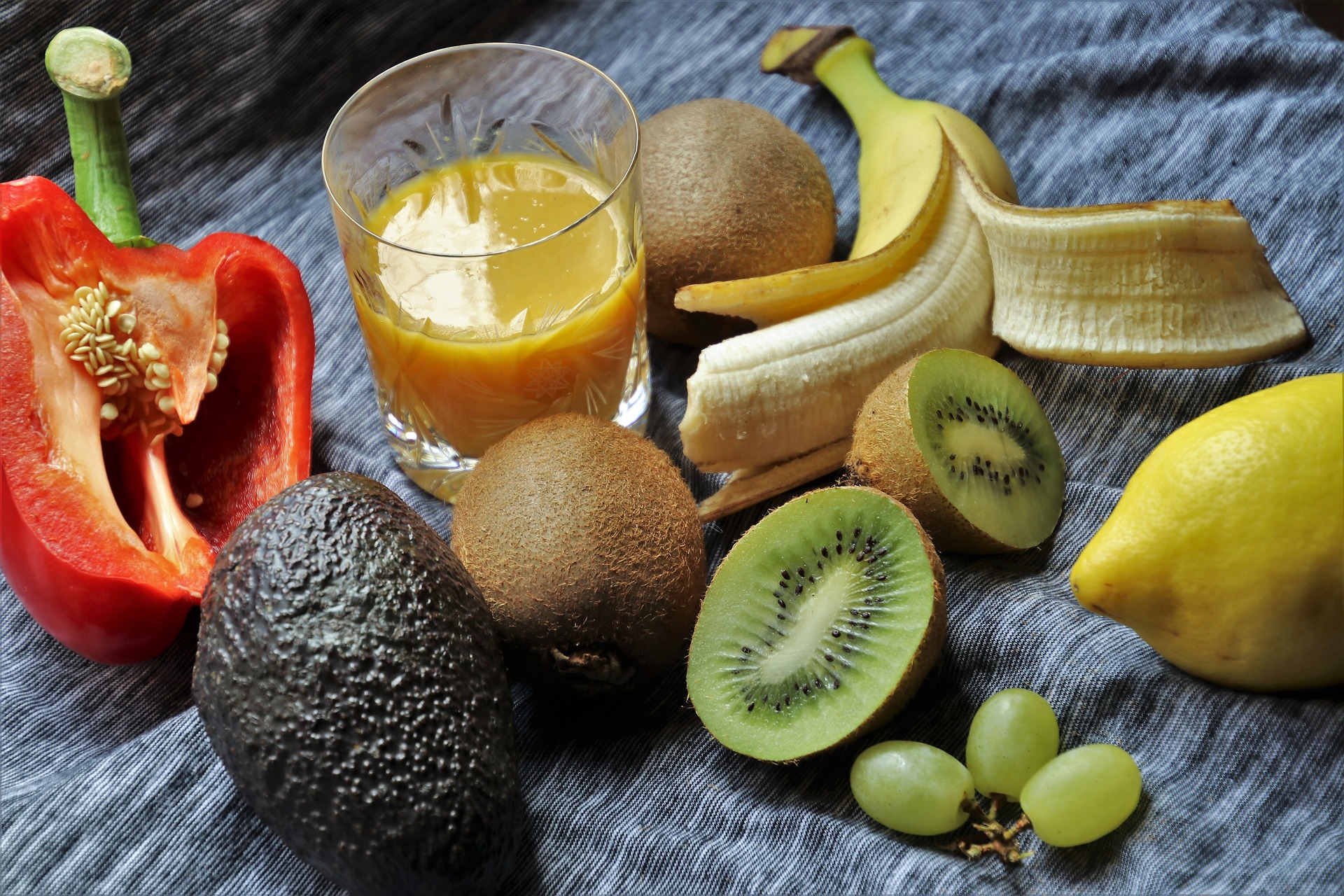The winter months are filled with cold weather and long nights. At the same time, because we spend so much time cooped up inside, we’re more likely to be exposed to viruses, bugs, and other bacteria. And it’s tempting to skip working out and cheating on your diet as well. In other words, the winter months can be treacherous for people who are trying to maintain a healthy life.
Fortunately, a healthy diet can help you ward off the risks of the long, cold winter months. A healthy diet will help you lose weight, and could even alleviate other conditions, such as muscle and joint pain. Arthritis and similar pains are often much worse in the winter.
1. Make Sure You Get Plenty of Vitamin C
Vitamin C is important for your immune system, and with so many bugs trying to make your body home over the winter, it’s important to give your immune system all the help you can. Vitamin C is pretty easy (and often tasty) to consume. Orange juice and other citrus fruits are generally rich with Vitamin C. Red peppers, tomatoes, and sweet potatoes are great choices as well.
[You can also apply Vitamin C to your skin with our Jadience Organic Vitamin C Esther Serum with Resveratrol, potentially healing dry, oily, and acne prone skin.]
2. Get Plenty of Vitamin D
One of the most common deficiencies in the long winter months is Vitamin D. The sun plays a vital role in Vitamin D production, and so when the days shorten, production can decline. Fortunately, a wide variety of foods are rich in Vitamin D. By supplementing your diet, you can reduce risks.
Many foods are fortified to contain higher amounts of Vitamin D, including milk and almond milk. Eggs are also rich in Vitamin D. So are some types of fish, including salmon.
[Another great way to stay healthy this winter is to detox your body with a natural detox regime.]
3. Eggs and Cheese Are a Great Source of B12
B12 is vital for a wide variety of functions and is used to make DNA, among other things. Unfortunately, B12 deficiencies can be quite common. Such a deficiency could cause a whole host of problems for your body.
Thankfully, you can get B12 from a variety of sources, including eggs and cheese. Perhaps you could mix up a bit of cheese into an omelet. Another great source of B12 is fish. Once you get enough B12 in your body, you may find that you have more energy and suffer from less fatigue.


